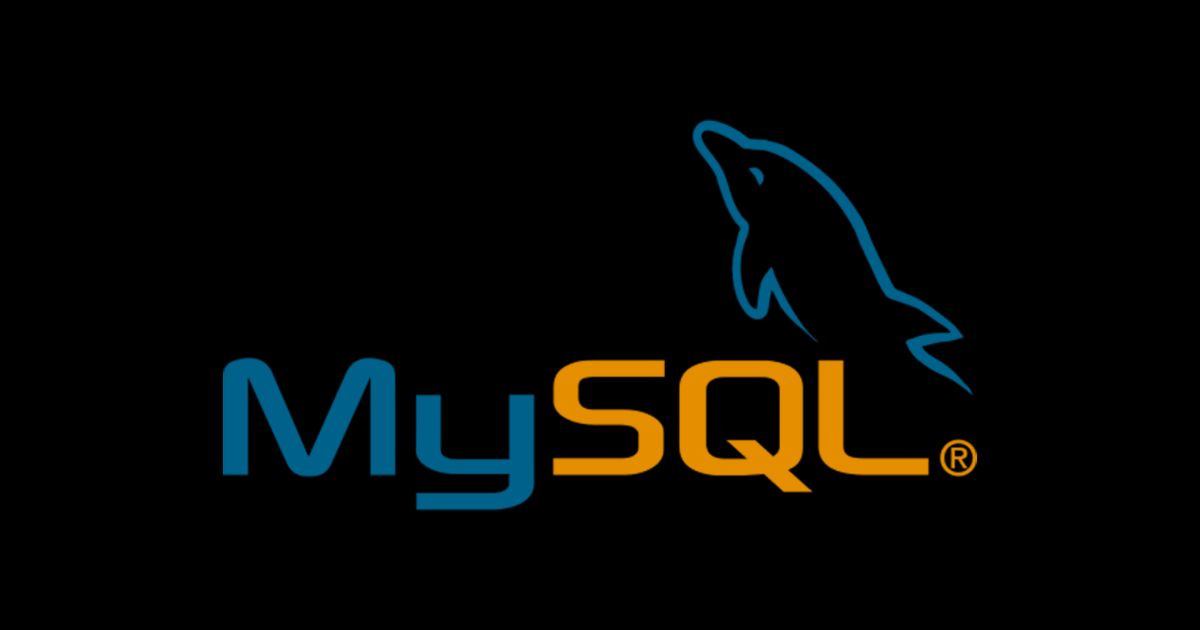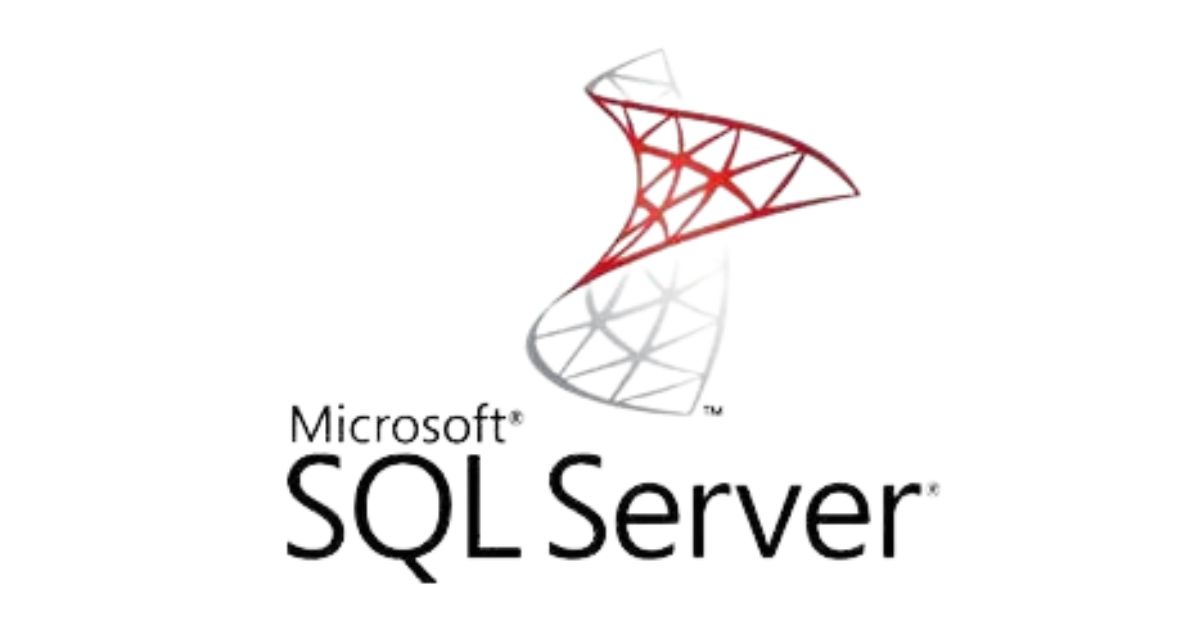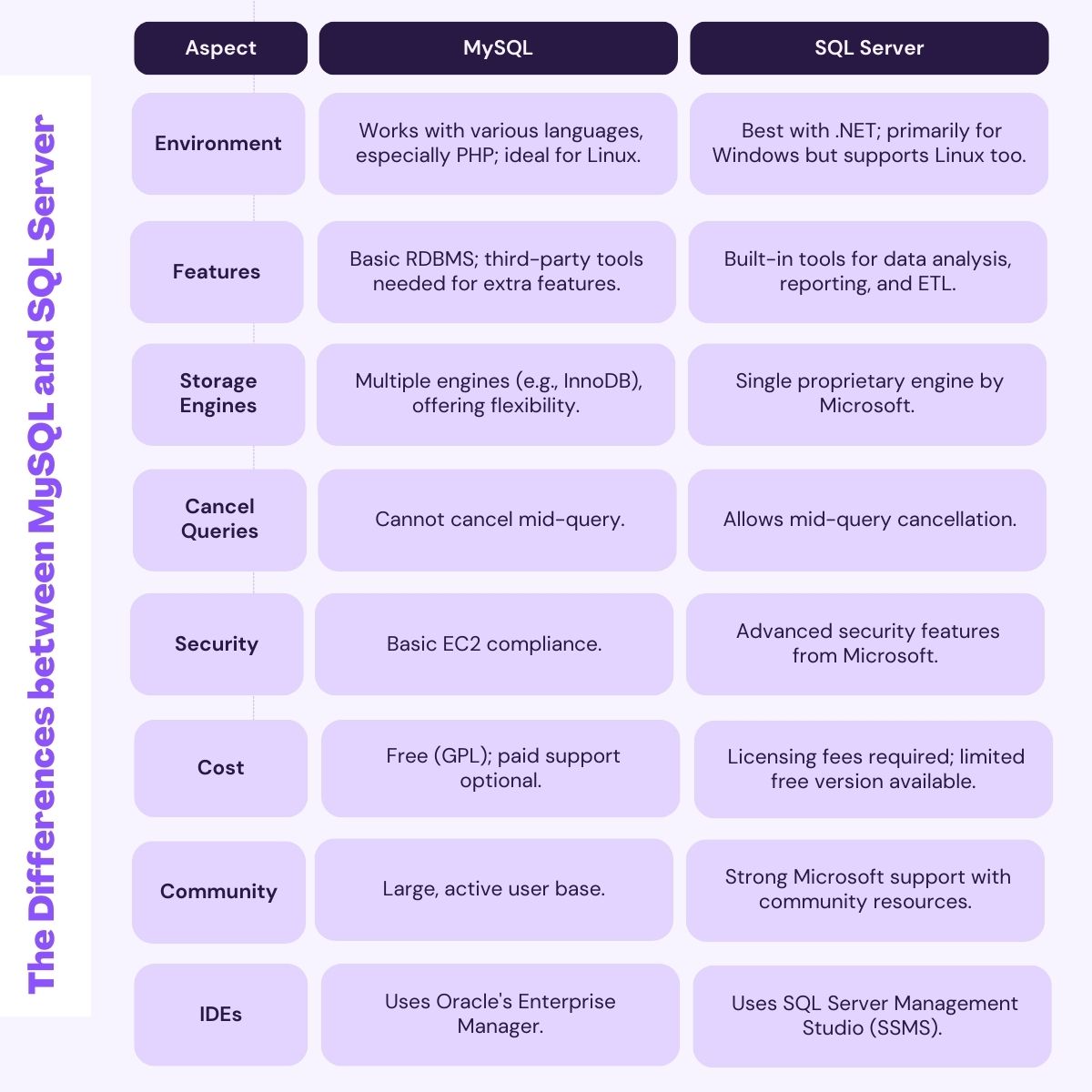MySQL vs SQL Server: Which RDBMS Should You Choose?
MySQL and SQL Server can be considered the most popular RDBMS solutions in existence, although Oracle and Postgres have been in the market for a long time. Even though we are seeing a shift from SQL to NoSQL, SQL is still the dominant solution. That means it is time for you to learn about one of them, either MySQL or SQL Server. Do not hesitate any longer if you want to become a webmaster one day.
In this tutorial, we will briefly explain what MySQL and SQL Server are. We will also point out the differences between MySQL vs SQL Server and help you choose the most suitable solution for you.
What is MySQL?

Released in the mid-90s (later acquired by Oracle), MySQL was originally an open-source database and remains open to this day. Because it is open source, MySQL has many other versions based on it. The differences between these variants are not great; the basic structure and functionality are similar.
One thing that has become a special feature of MySQL is that it is extremely popular in the startup community. Because it is open source and free, programmers can easily start with MySQL and modify the code if they need to. MySQL is often used together with PHP and Apache Web Server on a Linux distribution. The foursome has become a famous and powerful name: LAMP (Linux, Apache, MySQL, PHP).
What is SQL Server?

SQL Server, also known as Microsoft SQL Server, has been around even longer than MySQL. Microsoft developed SQL Server in the mid-80s with the promise of an RDBMS that provides a reliable and scalable solution. This has been a valuable feature of SQL Server to this day, as it is the platform of choice for enterprise software that needs to scale over time.
SQL Server is used by developers when used with .NET, the counterpart to PHP and MySQL. Both .NET and SQL Server are protected under the Microsoft name.
What are the differences between MySQL and SQL Server?
Now that you know the basics of what these systems are, let's take a look at the differences between MySQL and SQL Server:
MySQL vs SQL Server: Environment
As mentioned above, SQL Server works well with .NET, while MySQL can be combined with any other programming language, most commonly PHP. It is also worth mentioning that SQL Server used to run exclusively on Windows, but that is no longer the case since Microsoft announced Linux support for SQL Server. However, the Linux version is not good enough. So our advice is still to recommend that if you are on Windows, use SQL Server, or if you are migrating to Linux, use MySQL.
The Difference: Syntax
For most people, this is the biggest difference between the two platforms. Depending on which syntax you are familiar with, you should decide which system to choose based on that. Although MySQL and SQL both have SQL as their roots, the syntax differences are quite significant.
SQL Server is more than an RDBMS
The biggest difference between proprietary software and open-source software is how it is supported, whether it is privately supported or not.
In this case, the advantage of SQL Server is clear - it is backed by the largest technology corporation in the world. Microsoft has built many powerful tools for SQL Server, with greater support for RDBMS, including data analysis tools.
It also has the feature of being a reporting server – SQL Server Reporting services, as well as an ETL tool. This makes SQL Server a bit of a Swiss Army knife of RDBMS.
You can also build similar features into MySQL, but you need a third-party solution. It isn’t ideal for everyone.
MySQL vs SQL Server: Storage engines
Another big (but underappreciated) difference is that MySQL and SQL Server have different ways of storing data. SQL server uses a storage engine developed by Microsoft, which is completely different from the many engines created for MySQL. This gives MySQL developers some flexibility, as they can use different storage engines for tables, based on speed, reliability, or other reasons. A popular storage engine for MySQL is InnoDB, which can be slower but more stable than MyISAM.
The Difference: Canceling Queries
Many people don’t know this, but this is a big difference between MySQL and SQL Server that you need to consider. MySQL doesn’t allow you to cancel a query mid-run. It means that once the command has been issued, you need to “pray” that any damage it may cause can be recovered.
SQL Server, on the other hand, allows you to cancel the query mid-way. It can be damaging to the database admin, as opposed to web developers, who rarely need to cancel the query mid-way through execution.
MySQL vs SQL Server: Security
Overall, there is not much difference when comparing MySQL and SQL Server. Both are EC2 compliant, which means they are both safe choices.
However, Microsoft’s shadow is quite large here, providing SQL Server with valuable and powerful security features. A separate security tool like – Microsoft Baseline Security Analyzer also helps you increase the security of SQL Server. So, if security is your top priority, you already know which platform to choose.
The Difference: Cost
This is where SQL Server falls behind MySQL. Microsoft requires you to pay a licensing fee to run multiple databases on SQL Server. There is a free version of SQL Server, but that only makes sense if you are familiar with RBDMS. In contrast, MySQL uses the GNU General Public License, of course completely free. However, it is worth noting that if you need help or advice from MySQL, you will still have to pay for it.
MySQL vs SQL Server: Community Support
While it is true that you will need to pay for support if you need official support from MySQL, this is seldom. Because the MySQL user base and its community are so large, the support from the community is also very large. The privilege of being a user community member is that you will be helped by people from all over the world, and there are already many solutions to any problem you may have.
The Difference: IDEs
This is important because both RDMBSs support Integrated Development Environment (IDE) tools. This tool creates a programming environment for programmers, so you should choose the one that is best for you. MySQL uses Oracle's Enterprise Manager, while SQL Server uses Management Studio (SSMS). If all the above difference analyses do not help you make a decision, then choose based on this analysis.

Should I choose SQL Server or MySQL?
After comparing MySQL and SQL Server, you can decide which system to choose depending on your use case and budget. Both are effective in organizing data and are easily accessible through the user interface. MySQL focuses on selecting data, updating, and storing, while SQL Server has an advantage in inserting and deleting data.
For MySQL, it is a good choice for storing and referencing data, but it is limited in functionality and development capabilities. As for SQL Server, it has more comprehensive security features, especially in security analysis. Although both are supported by the vendor, it can be seen that SQL Server with ETL features will provide stronger support.
Not only that, SQL Server is often rated higher, especially for large enterprises with requirements for speed, security, and functionality. However, if you are a small business or individual, MySQL can be a reasonable choice with its low cost and good performance for small amounts of data and workloads.
In short, the choice between SQL Server or MySQL will ultimately depend on your specific requirements.
MySQL vs SQL Server use cases
While both MySQL and SQL Server are powerful relational database management systems (RDBMS), they are often suited for different use cases due to their unique strengths and weaknesses.
MySQL use cases
MySQL is a popular open-source relational database management system (RDBMS) used across a range of industries and applications. Here are some common use cases:
E-commerce websites: MySQL is suitable for small and medium-sized e-commerce websites with average traffic. However, for websites with very high traffic or the highest security requirements, consider using other database management systems such as PostgreSQL or Oracle Database.
Transactional applications: Ensure data integrity and consistency with ACID protocols. However, complex transaction processing performance may not be as good as SQL Server.
Content Management System (CMS): Widely used in CMSs such as WordPress, Drupal.
Data analytics applications: Optimized for ad hoc and complex queries. However, big data analytics performance may not be as good as dedicated systems such as BigQuery or Amazon Redshift.
SQL Server use cases
Here are some key use cases for SQL Server:
Enterprise applications: Suitable for large enterprise applications that require good security and data management.
Financial systems: SQL Server is widely used in financial systems due to its complex computing capabilities, high reliability, and good support for compliance regulations.
.NET-based applications: Tightly integrated with .NET programming languages, especially C# and VB.NET.
Big Data Storage and Analytics: Optimized for data analytics and high-volume applications. However, additional tools such as SQL Server Data Warehouse or Azure Synapse Analytics may be required.
MySQL vs SQL Server FAQ
Here's a FAQ that highlights the key differences and similarities between MySQL and SQL Server:
MySQL vs SQL Server: Which DBMS is Better for Cloud Deployment?
Both MySQL and MS SQL Server support cloud deployment. MS SQL Server integrates strongly with Azure, while MySQL is available as a managed service on multiple cloud platforms.
Can you migrate a database from MySQL to MS SQL Server or vice versa?
It is possible to migrate an existing database from one system to the other. There are tools to help with this process such as SQL Server Migration Assistant for MySQL and MySQL has Workbench Migration Wizard.
Which DBMS is Easier to Learn and Use?
MySQL is often considered easier to learn and use than SQL Server due to its simple syntax, large support community, and extensive free documentation. However, SQL Server also offers many tools and features that make learning and use easier, especially for those familiar with Microsoft products.
Conclusion
Choosing an RDMBS is a very important task when starting to create an application. People often choose a system and rarely change, so you should invest in an initial analysis to choose the most suitable system.
In this tutorial, we discussed two most popular RDMBSs platforms – MySQL and Microsoft’s SQL Server, introduced what MySQL is and what SQL server is. We pointed out the main differences between MySQL vs SQL Server, enough for you to make a choice.
The choice is yours. In the simplest terms, if you are planning to create a small/medium-sized application and specialize in PHP, choose MySQL server. Whereas, if you are planning a large, highly secure, enterprise-grade application, SQL Server should be your companion.
If you want to learn more about technology and other knowledge, you can register for Skilltrans courses. We have a variety of courses for you to choose for studying.

Meet Hoang Duyen, an experienced SEO Specialist with a proven track record in driving organic growth and boosting online visibility. She has honed her skills in keyword research, on-page optimization, and technical SEO. Her expertise lies in crafting data-driven strategies that not only improve search engine rankings but also deliver tangible results for businesses.



